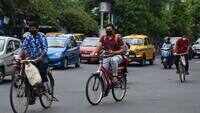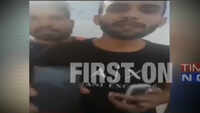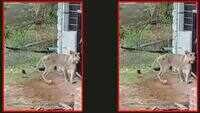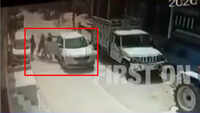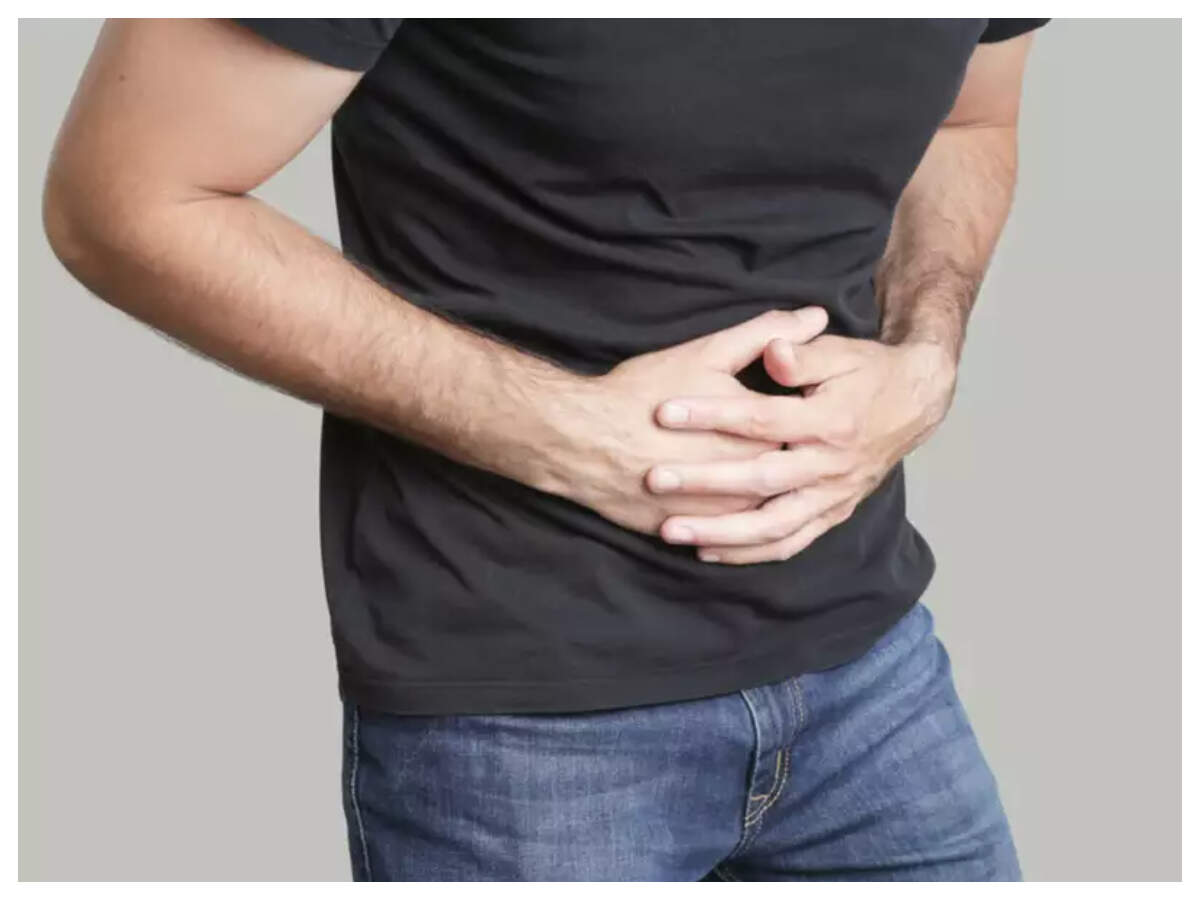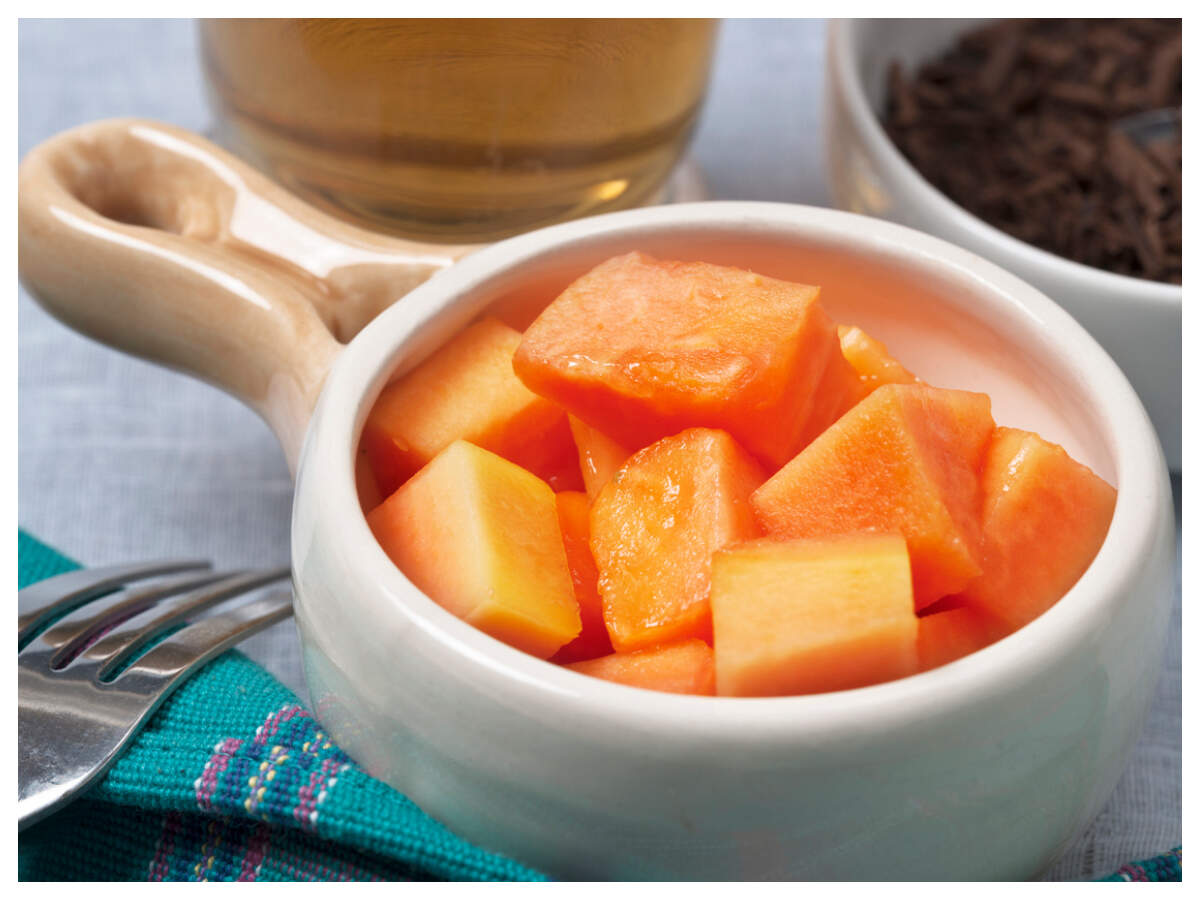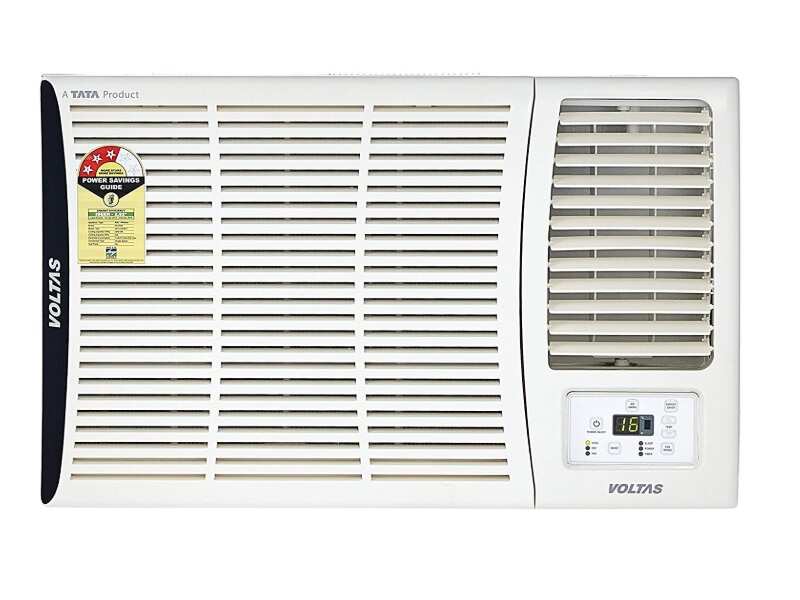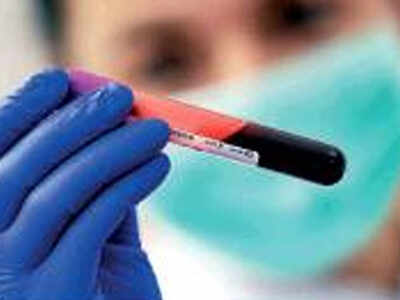
KOLKATA: The convalescent plasma therapy clinical trials stepped into the next phase in Bengal on Friday with two critically ill Covid patients being administered blood plasma donated by cured Covid patients. CSIR scientists and senior state doctors supervised the trials in the Covid ward of Infectious Diseases and Beliaghata General Hospital.
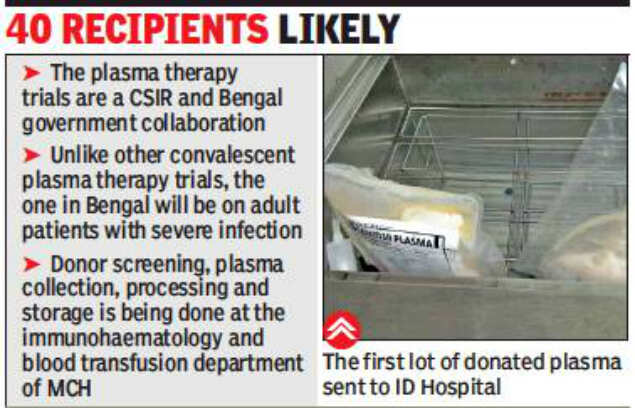
Unlike other clinical trials on convalescent plasma therapy elsewhere in the country, where it is conducted on mildly affected patients, the trial here is on adult patients with severe infection. Both patients here had mild to moderate acute respiratory disease syndrome. But no further details were available. “The clinical trial has begun,” said Dipyaman Ganguly, principal scientist and associate professor at the Translational Research Unit of Excellence of Indian Institute of Chemical Biology, Kolkata.
TOI had earlier reported that four persons have donated plasma, including two doctors — Sayantan Chakraborty and Arijit Bhattacharya, a blood bank intern of MCH and the hospital’s electrician. Donor screening, plasma collection, processing and storage is being done at the immunohaematology and blood transfusion department of MCH. On Friday, two more healthcare workers, a cardiologist from AMRI Salt Lake and a nurse, Sayree Pyne, donated plasma for the trials. According to sources, several policemen who have been cured of Covid have also agreed to donate their plasma for the trials. The head of immunohaematology and blood transfusion Prasun Bhattacharya said, “Six persons have donated plasma so far, most from the healthcare sector. We are looking forward to people from other professions also donating.”
On May 29, 23-year-old management student Monami Biswas became the first Covid survivor in Bengal to donate plasma for the trials.
Patients who have been cured can be donors after three to four weeks of testing negative. This is the first clinical trial on the therapy under CSIR and will have 40 recipients.
“Each patient will get 200ml of plasma once daily for two days. Their blood will be analyzed after a few days to check the immune response. We will be able to assess the result partially in four to six weeks after we use the therapy on 20 patients,” said an investigator.

Unlike other clinical trials on convalescent plasma therapy elsewhere in the country, where it is conducted on mildly affected patients, the trial here is on adult patients with severe infection. Both patients here had mild to moderate acute respiratory disease syndrome. But no further details were available. “The clinical trial has begun,” said Dipyaman Ganguly, principal scientist and associate professor at the Translational Research Unit of Excellence of Indian Institute of Chemical Biology, Kolkata.
TOI had earlier reported that four persons have donated plasma, including two doctors — Sayantan Chakraborty and Arijit Bhattacharya, a blood bank intern of MCH and the hospital’s electrician. Donor screening, plasma collection, processing and storage is being done at the immunohaematology and blood transfusion department of MCH. On Friday, two more healthcare workers, a cardiologist from AMRI Salt Lake and a nurse, Sayree Pyne, donated plasma for the trials. According to sources, several policemen who have been cured of Covid have also agreed to donate their plasma for the trials. The head of immunohaematology and blood transfusion Prasun Bhattacharya said, “Six persons have donated plasma so far, most from the healthcare sector. We are looking forward to people from other professions also donating.”
On May 29, 23-year-old management student Monami Biswas became the first Covid survivor in Bengal to donate plasma for the trials.
Patients who have been cured can be donors after three to four weeks of testing negative. This is the first clinical trial on the therapy under CSIR and will have 40 recipients.
“Each patient will get 200ml of plasma once daily for two days. Their blood will be analyzed after a few days to check the immune response. We will be able to assess the result partially in four to six weeks after we use the therapy on 20 patients,” said an investigator.
Get the app


